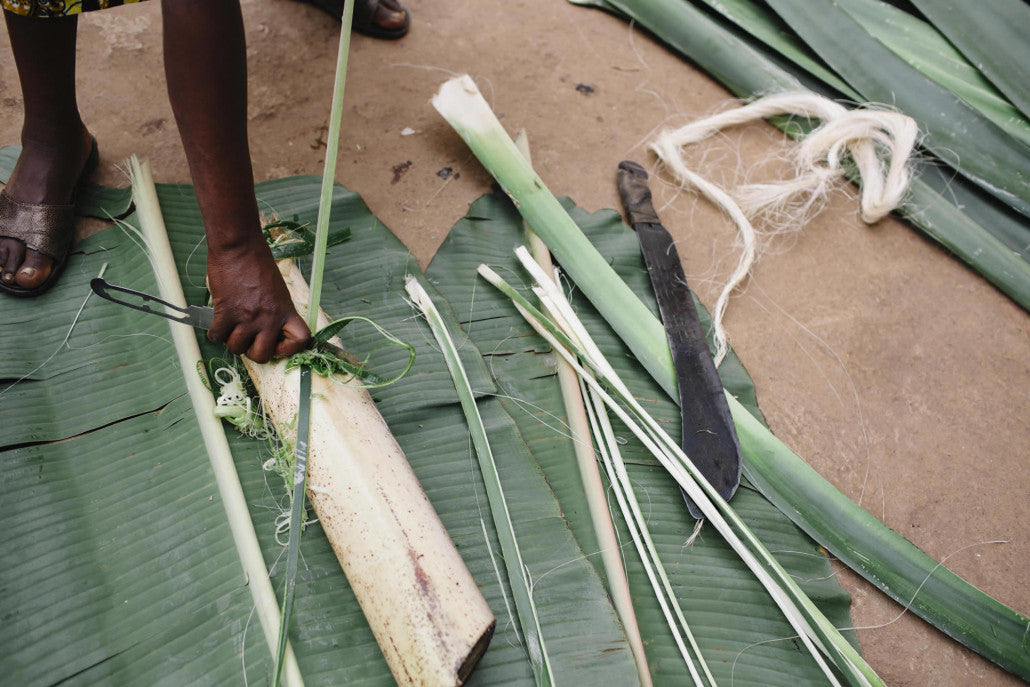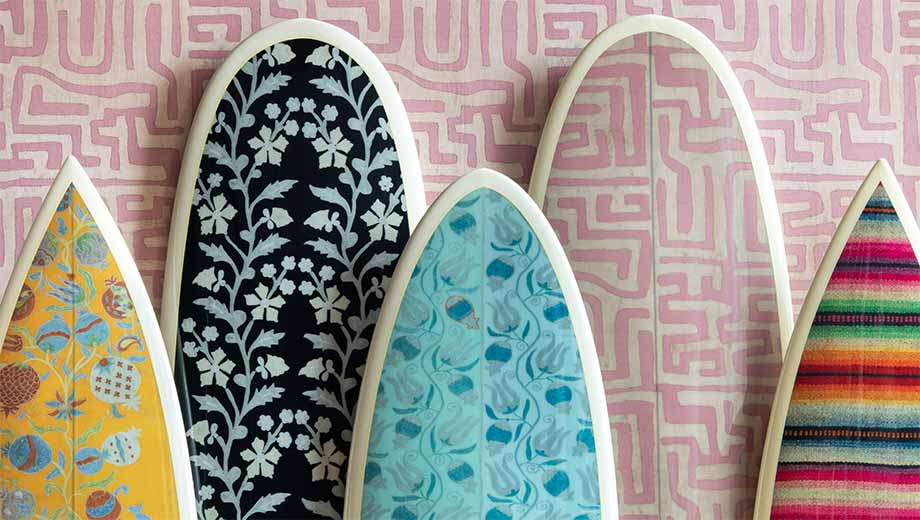The story of our coasters — a favorite gift and bar cart essential — begins in Rwanda with the vision of two entrepreneurial, change-making sisters. Due to political instability in their home country, the pair grew up in a refugee camp in Uganda where they witnessed the suffering of women and mothers. This experience shaped their desire to one day improve the lives of Rwandan women through economic empowerment.
Today, the visionary duo offers their leadership to a powerful community of 5,000 female weavers across 52 different cooperatives in Rwanda. Having inherited the art of weaving from their mother, the sisters appreciate the rich tradition of this artisanship and understand its power; for them, their mother’s basket sales (combined with their father’s salary) helped to cover the cost of schooling. The traditional Agaseke basket has been an important part of Rwandan culture for centuries – used as containers to hold grain and food and gifts for important rituals and ceremonies. The craft of Agaseke weaving has been traditionally passed down from mother to daughter and this education signifies a rite of passage and entrance into womanhood. After the genocide of 1994, these baskets have taken on a new meaning – one of peace and hope for a better future.
Since its genesis, the company has provided a sustainable source of income for its weavers and offered skills-based training in weaving, jewelry making, and tailoring. What is most remarkable about the group is their commitment to bettering the lives of people on both sides of the devastating conflict, employing women who lost family to the genocide as well as women whose families were imprisoned for genocide-related crimes. The business serves as a reconciliation project, bringing together two sides of the conflict for a holistic approach to peace and resolution.
From St. Frank to Neiman Marcus, the group’s amazing work has made its mark across the world. This global reach has, in turn, afforded the artisans a comfortable livelihood; the economic impact has increased their families’ access to clean water, hygiene, education, and healthy foods. 100% of the women can cover the cost of health insurance, and 40% have adopted their teachers’ innovative spirit to begin their own businesses. Talk about girl power.
Following the 1994 Rwandan genocide, devastated communities sought to rebuild themselves economically, socially, and culturally. The impressive women behind our coasters have been a positive force in the reconciliation and healing of these communities. Economically, their weaving has supported their children and offered access to better education, healthcare, and nutrition. Socially, their art has thrust them into creative collaboration alongside women they once considered foes. And culturally, they have contributed to the preservation of traditional Rwandan craft, especially Agaseke basket weaving.
So, next time you’re looking for a chic hostess gift, bring a little peace (and panache) into the home.














